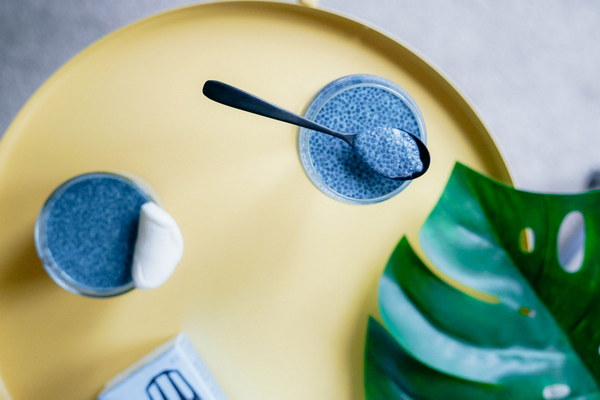4 Key Signs Your Liver Needs Care Nurturing Your Liver for Optimal Health
The liver, often referred to as the silent organ, plays a crucial role in maintaining our overall health. It filters toxins from the blood, produces bile for digestion, and stores vitamins and minerals. However, due to its non-stop work, it can sometimes suffer from neglect and stress. Recognizing the signs that your liver needs care is essential for maintaining its optimal function. Here are four key signs that indicate it’s time to focus on liver health:

1. Fatigue and Weakness
One of the most common signs that your liver might be struggling is feeling tired and weak. When the liver is overburdened with toxins, it can’t perform its functions efficiently, leading to a decrease in energy levels. This fatigue is different from the regular tiredness that can be attributed to a lack of sleep or poor diet. If you find yourself consistently feeling exhausted, it might be time to evaluate your liver health.
2. Yellowing of the Skin and Eyes
Jaundice is a condition characterized by yellowing of the skin and eyes, which occurs when the liver fails to process bilirubin—a waste product from the breakdown of red blood cells. Bilirubin accumulates in the blood and tissues, leading to the yellowing appearance. If you notice your skin or eyes taking on a yellowish tint, it’s essential to consult a healthcare professional to determine if your liver is under stress.
3. Itchy Skin
Another sign that your liver might be struggling is itchy skin. This can happen when the liver is overwhelmed with toxins and can’t effectively remove bile salts, which accumulate in the blood and lead to itching. The itching may be mild at first, but it can become more intense over time. If you experience persistent itching, especially after eating, it could be a sign of liver dysfunction.
4. Digestive Issues
The liver plays a critical role in the digestive process by producing bile, which helps break down fats. When the liver isn’t functioning correctly, you might experience digestive issues such as bloating, gas, or changes in bowel habits. If you notice these symptoms, it might be due to liver-related problems.
To nurture your liver and ensure its optimal health, consider the following steps:
1. Eat a Healthy Diet: A balanced diet rich in fruits, vegetables, whole grains, lean proteins, and healthy fats can support liver function. Avoid excessive alcohol consumption, processed foods, and high-fat meals, as these can put additional stress on your liver.
2. Stay Hydrated: Drinking plenty of water helps flush out toxins from the body, including the liver. Aim for at least 8 glasses of water a day.
3. Exercise Regularly: Physical activity can improve liver function by enhancing blood flow and promoting the removal of toxins. Aim for at least 30 minutes of moderate exercise most days of the week.
4. Get Adequate Sleep: Sleep is crucial for liver health, as it helps the body repair and regenerate tissues. Aim for 7-9 hours of quality sleep each night.
5. Manage Stress: Chronic stress can affect liver function. Practice stress-reducing techniques such as meditation, yoga, or deep breathing exercises.
6. Avoid Smoking: Smoking can increase the risk of liver disease and impair liver function. If you smoke, consider quitting.
By paying attention to these signs and taking proactive steps to support your liver, you can help ensure its optimal function and overall well-being. Remember, your liver is a vital organ that deserves care and attention.









